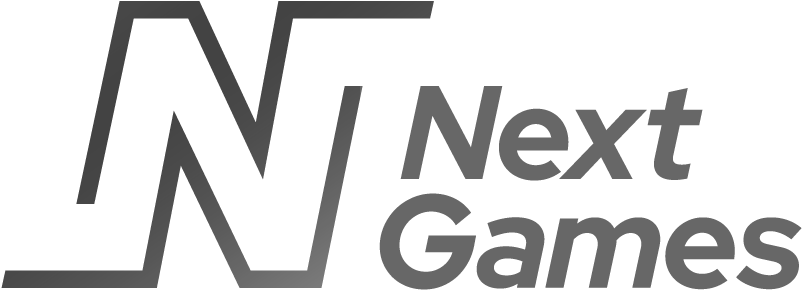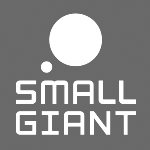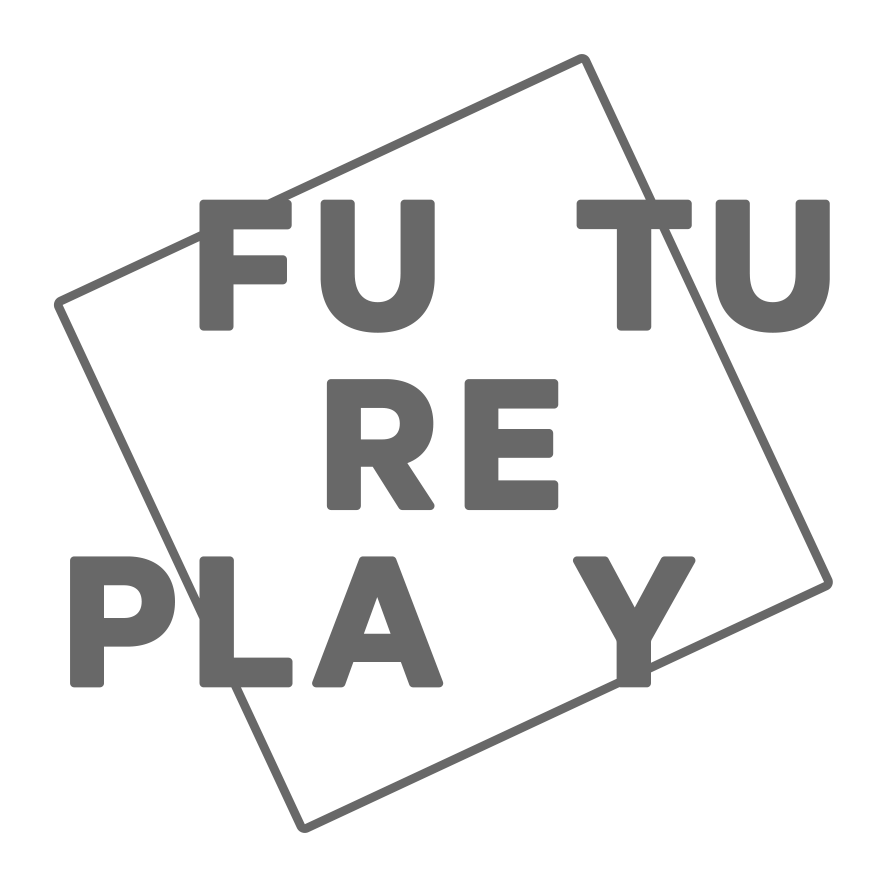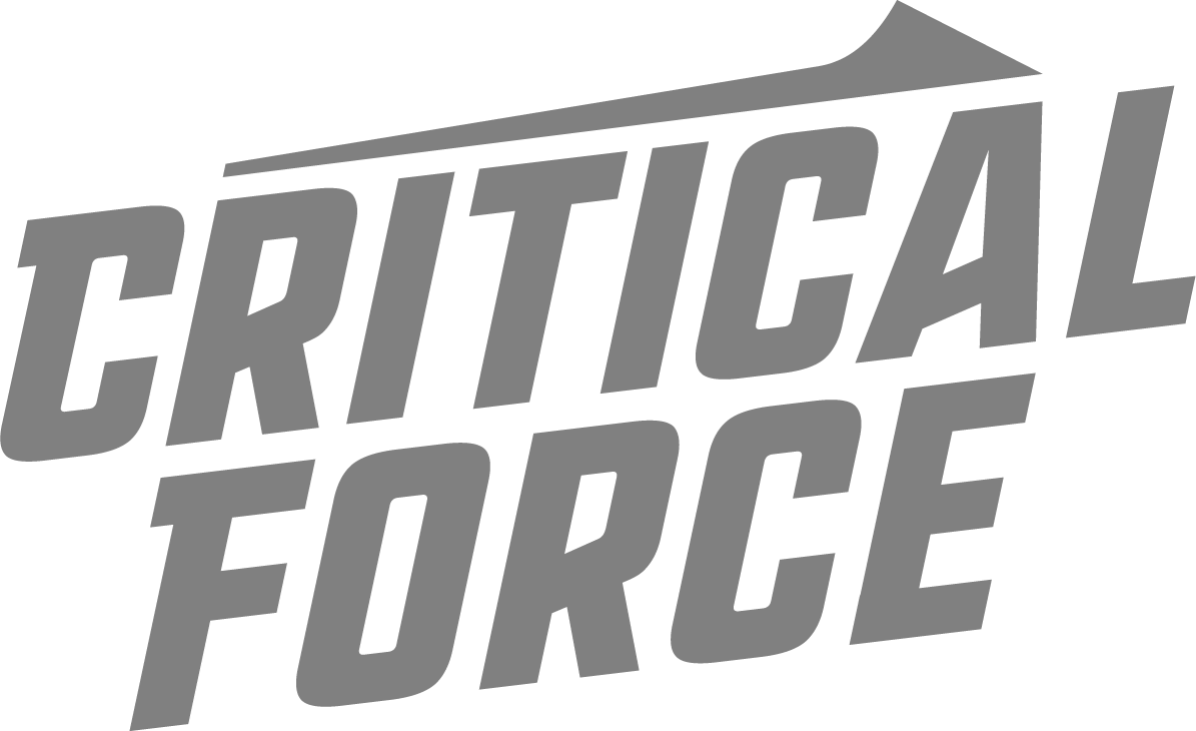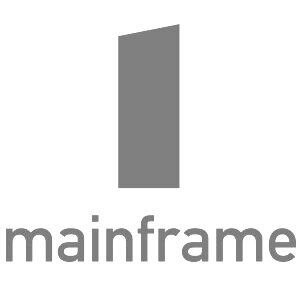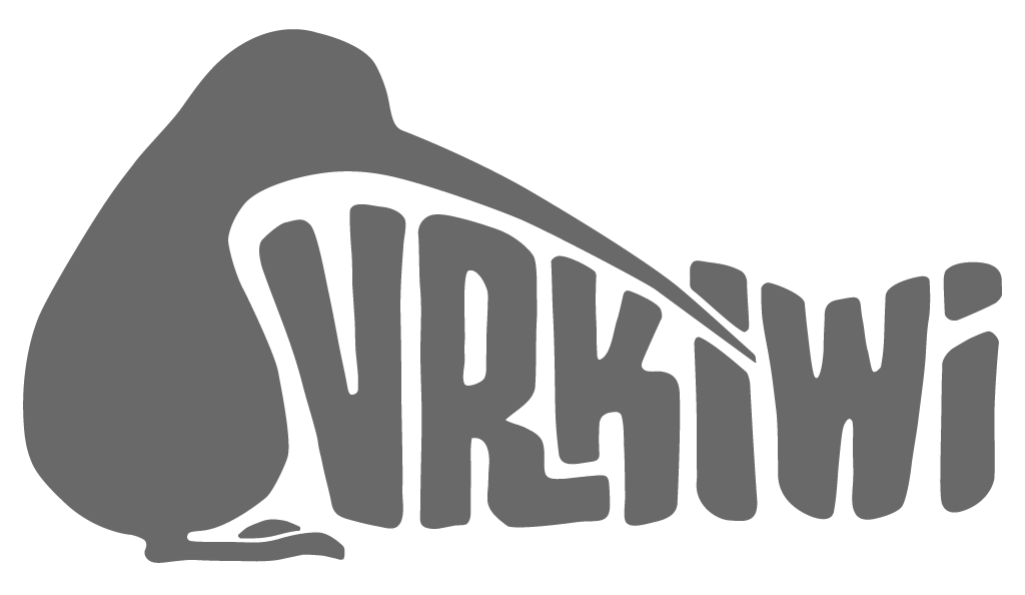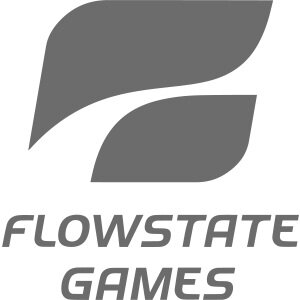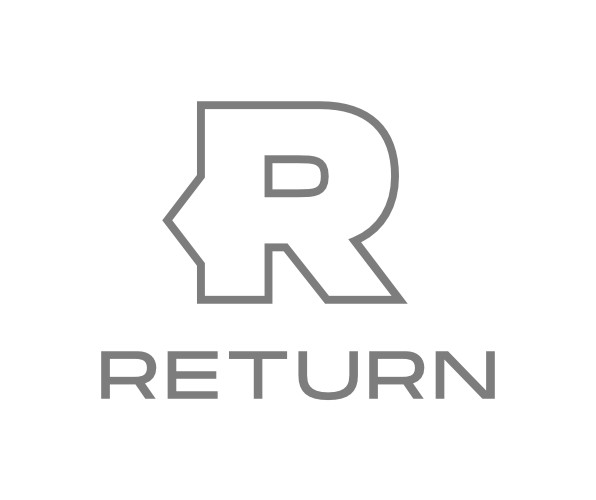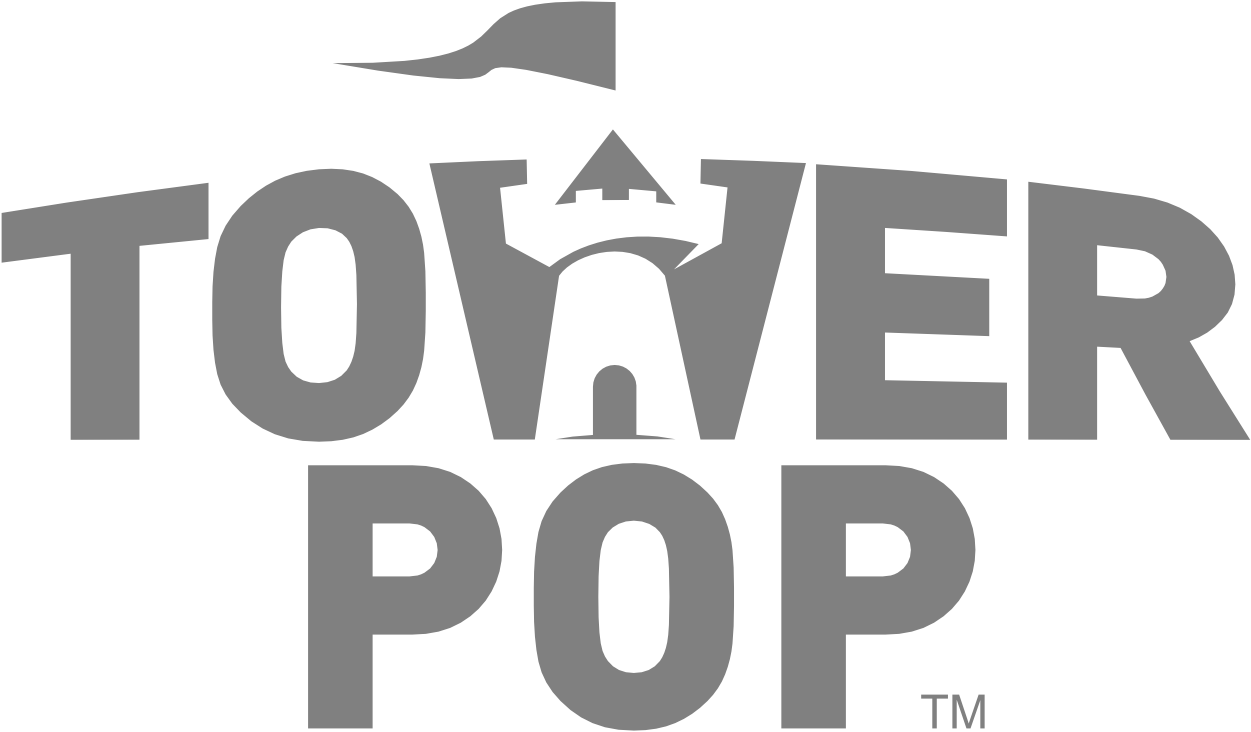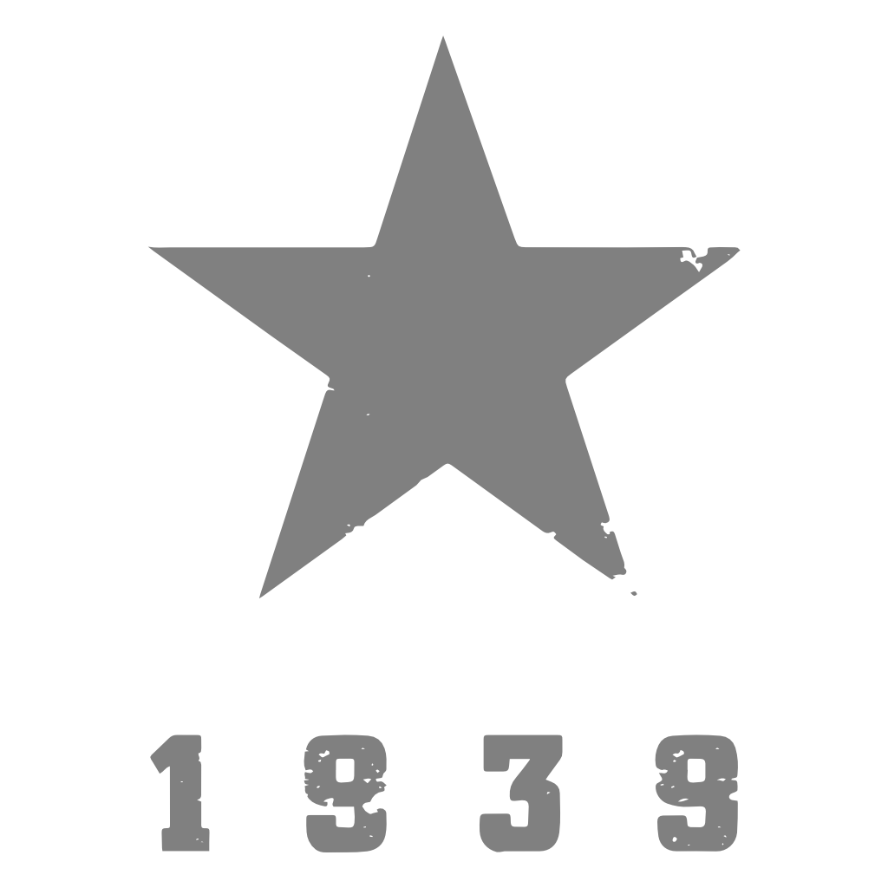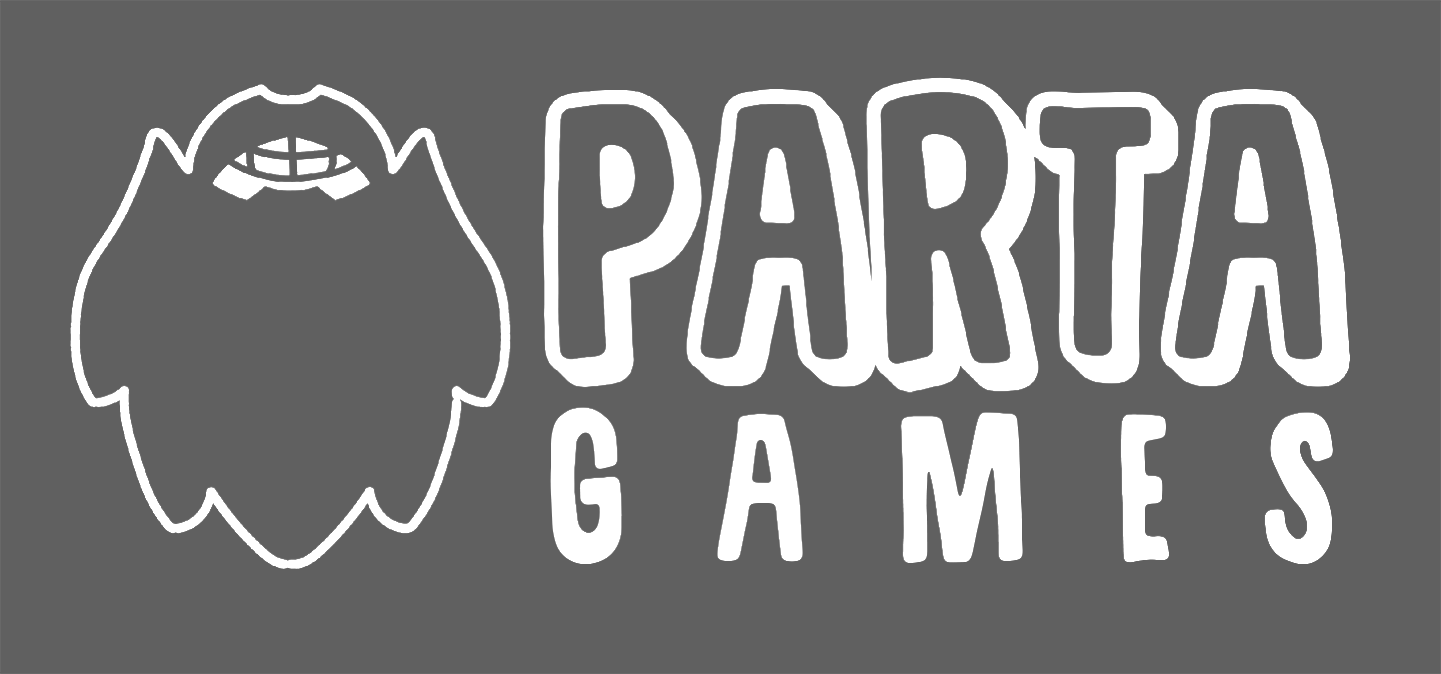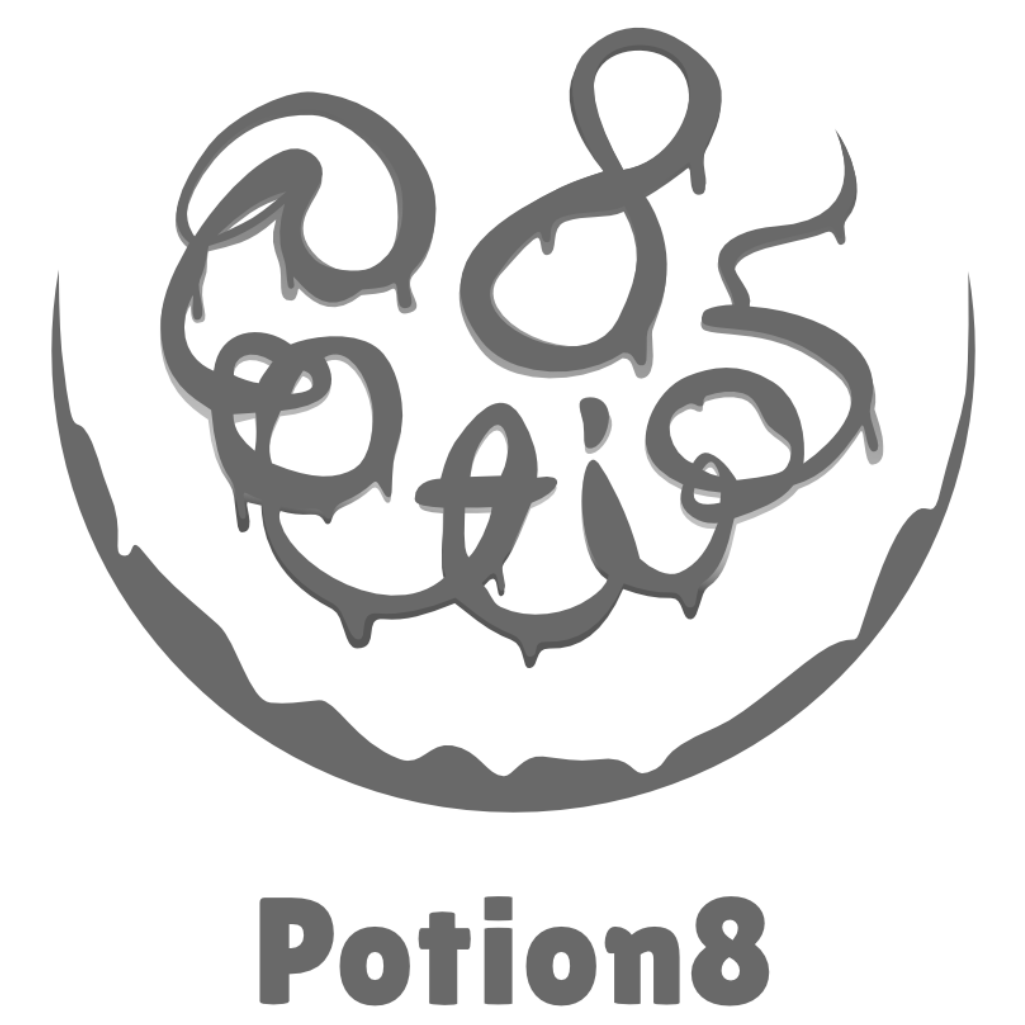Spotlight story: Oulu
/Spotlight story continues with the latest news from Oulu. Oulu game development scene has a fine long history. After a couple of a bit quieter years Oulu is back!
 Image: Wizardris (Playsign)
Image: Wizardris (Playsign)
Oulu game development scene -- Facts & figures
There are 22 game companies and the number is increasing. Most likely before summer there will be over 25 companies. A lot of things are happening and publications come out almost every month. Oulu-based developers have relatively strong cross media know-how which I'd say is only beaten by Rovio. In the region there are already companies with games, tv shows, theme park, board games, toys etc. on the same IP, or a lot of projects that get support from other IPs. And one of our game companies even has a tv show in China.
IGDA: As an editor's note, I wonder why Oulu developers do not keep bigger noise about themselves. You guys should not overlook marketing! :)
Oulu game development scene has long traditions
Early in 2000s everything started in Oulu University when research project called Ludocraft was established. Back then there were only few things going on related to games. Our VTT unit would've had Nintendo Wii's technology available already in 1999 and GameLion's founder tried to start things in Oulu, but in vain. First wave of game companies got established middle of the decade thanks to Elvi project at the University which brought consultants from all over the world to Oulu. In 2007 there were about a dozen game companies in Oulu region. Then it was a bit silent, half of the companies established their position nicely, some went down under and some changed to ICT industry.
After a couple of years of hardship, things started to get a lot better for our companies at the turn of the decade. Knowhow on the area had developed a lot, and public sector woke up again. POEM, Business Oulu and Oulu University of Applied Sciences started to focus more on games. Another boost came in 2012 as Nokia's layoffs created a clear boost to the scene which is still visible. Companies with financing secured appeared and are appearing and Oulu Game Lab is doing its best to help them get started. One interesting trait is that few large software companies are also expanding their scope to games and focusing on recruiting new talents and networking to existing companies. This is beyond those 22 mentioned at the beginning of the article.
Torchbearers
Ludocraft, Playsign, Alpakka Media and Fingersoft. Spinfy could also be listed even though they are more into interactive entertainment.

Strong knowhow drives regional growth
Oulu region has two very multidisciplinary universities. Oulu University and Oulu University of Applied Sciences were a long time ago "Aalto Universities" in the north when Aalto itself was just a twinkle in politicians eyes. We get new knowhow to every aspect of game development and thus fresh skills to the industry and not just some of the required skills.
So far our growth has been organic. To my knowledge only a couple of our current companies has some investment money in them and one of them is technology company. Any big investment done to companies in our region waits in the future. The growth comes from increased knowledge from games which has been supported by regions public sector. Nowadays Business Oulu is the key player as they try to educate our companies how to attract private investments and among others of course supports our companies in other ways as well. But lack of investment money is the biggest obstacle along with not-good-enough marketing skills.
Our first wave of companies also had the setback that they all focused on totally different platforms, different business segments and different target audiences and thus could not be helpful to one another. Thanks to more accessible engines and lessons learned, cooperation between companies are now starting to flourish. Not only among game companies, but good example is the Cooperative Cult in the region where film, animation and game studios went under the same roof to create a creative hub which could be the best place to create strong IPs.
Oulu is large enough city to support a creation of wide range of creative content and products. We get new talents in all the time, and we have the public sector's support in place at the moment. Thus the goodwill in the region is very strong and now that good results are starting to come in, it only encourages other companies, media, public sector and hopefully investors as well.
Community is everything
Pava ry is association for game and film industry companies and it does the lobbying work in the region. It represent the voice of the industry.
We have Starttaamo that organizes Mobile Monday's and other community events. We have Business Kitchen, the Oulu University's and Oulu University of Applied Sciences' mutual business incubator that also organizes events. Then seminars and other bigger events are usually done in cooperation between the above and POEM Foundation, Business Oulu, OUAS, Starttaamo and Pava. Seminars like Game Spring Oulu in 21st of March. Of course important creation is also Oulu Game Lab, game education programme and preincubator which is the only public sector's place where people get paid full time to focus solely on games. We also have Stage, a student's game development club.
However there's no IGDA style association that would focus solely on game community activities. Thus we want to create IGDA Oulu which would be an easy route for Southern companies to network with our companies and people. It would work under Pava as there's no need to create a wheel from scratch and Pava already gathers the active's working for the benefit of game industry. IGDA Oulu would be the face for IGDA evenings and towards rest of the Finland and we suspect Pava is unheard of outside Northern Finland.
IGDA: In 2013 IGDA Finland focuses actively on supporting local game development hubs across Finland. We want to support your efforts on building local game dev community. I want to stress the word support as the initiative _needs to be_ driven locally. IGDA Finland will do road show this spring across Finland. We want to better understand how to support local game dev communities.
Also with 22 companies creating games or games related products, there's a need to have publication parties. IGDA evenings would be a nice way for teams to ease off once they've finished a project and are starting next.
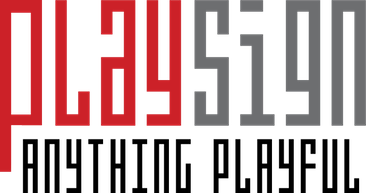
Future visions are soon reality We have been surpassing the national growth figures for almost a decade now. Of course it's easy to do that when you start from zero. But the scope of our industry and new people entering the field has kept us pretty much on the scale with national figures even with Rovio's and Supercell's success taken into consideration. That was of course helped by Nokia, but there's no reason to believe why we couldn't keep up with the national estimations on the growth of the business.
In mid-2000s the core skills were not systematically high enough and growth was in too few hands to say it would've been on a stable ground. A closure of one big studio was a big setback for the whole scene and there were too few companies around to keep all of their staff still in Oulu. Now we have that thing fixed and there are now plenty of companies with high quality stuff being produced. Our biggest obstacles are in lack of marketing and financing/investment know-how and that's on the focus by most public sector players. This, along with first big publications (Air Buccaneers PC MMO, Hill Climb Racing with 40M downloads and Wizardris dominating Pelit magazines game art competition before it is even published (!) leads us to believe that even if some established companies would fail, we'd still continue our growth.









